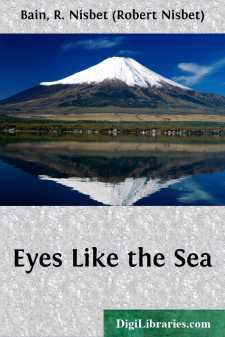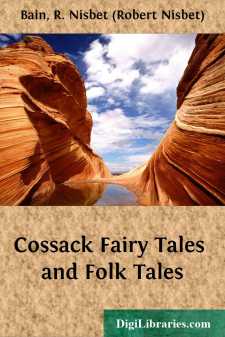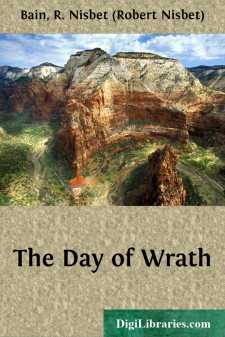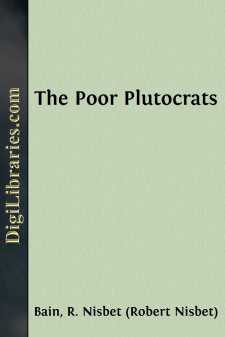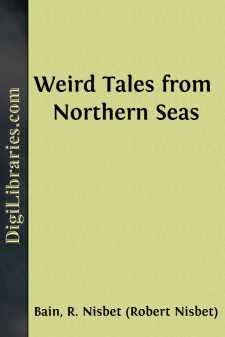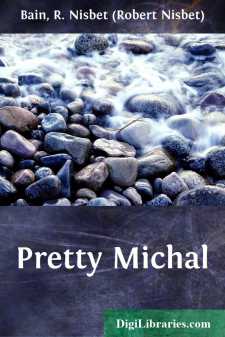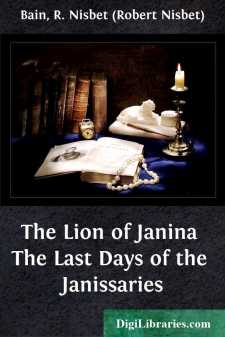Categories
- Antiques & Collectibles 13
- Architecture 36
- Art 48
- Bibles 22
- Biography & Autobiography 813
- Body, Mind & Spirit 142
- Business & Economics 28
- Children's Books 17
- Children's Fiction 14
- Computers 4
- Cooking 94
- Crafts & Hobbies 4
- Drama 346
- Education 46
- Family & Relationships 57
- Fiction 11829
- Games 19
- Gardening 17
- Health & Fitness 34
- History 1377
- House & Home 1
- Humor 147
- Juvenile Fiction 1873
- Juvenile Nonfiction 202
- Language Arts & Disciplines 88
- Law 16
- Literary Collections 686
- Literary Criticism 179
- Mathematics 13
- Medical 41
- Music 40
- Nature 179
- Non-Classifiable 1768
- Performing Arts 7
- Periodicals 1453
- Philosophy 64
- Photography 2
- Poetry 896
- Political Science 203
- Psychology 42
- Reference 154
- Religion 513
- Science 126
- Self-Help 84
- Social Science 81
- Sports & Recreation 34
- Study Aids 3
- Technology & Engineering 59
- Transportation 23
- Travel 463
- True Crime 29
Eyes Like the Sea
Description:
Excerpt
PREFACE
The pessimistic tone of Continental fiction, and its pronounced preference for minute and morbid analysis, are quite revolutionizing the modern novel. Fiction is ceasing to be a branch of art, and fast becoming, instead, a branch of science. The aim of the novelist, apparently, is to lecture instead of to amuse his readers. Plot, incident, and description are being sacrificed more and more to the dissection of peculiar and abnormal types of character, and the story is too often lost in physiological details or psychological studies. The wave of Naturalism, as it is called (though nothing could really be more unnatural), has spread from France all over Europe. The Spanish and Italian novels are but pale reflections of the French novel. The German Naturalists have all the qualities of the French School, minus its grace. In Holland, the so-called Sensitivists are at great pains to combine a coarse materialism with a sickly sentimentality. Much more original, but equally depressing, is the new school of Scandinavian novelists represented by such names as Garborg, Strindberg, Jacobsen, Löffler, Hamsun, and Björnson (at least in his later works), all of whom are more or less under the influence of Ibsenism, which may be roughly defined as a radical revolt against conventionality. In point of thoroughness some of these Northern worthies are not a whit behind their fellow craftsmen in France. The novel of the year in Norway for 1891 was a loathsomely circumstantial account of slow starvation. There is a lady novelist in the same country who could give points to Zola himself; and nearly every work of Strindberg's has scandalized a large portion of the public in Sweden. Nay, even remote Finland has been reached at last by the wave of Naturalism in fiction, and Respectability there is still in tears at the perversion of the most gifted of Finnish novelists, Juhani Aho. In the Slavonic countries also the pessimistic, analytical novel is paramount, though considerably chastened by Slavonic mysticism, and modified by peculiar political and social conditions. Though much nobler in sentiment, the novel in Poland, Russia, and Bohemia is quite as melancholy in character as the general run of fiction elsewhere. A minor key predominates them all. There is no room for humour in the mental vivisection which now passes for Belles-lettres. We may learn something, no doubt, from these fin de siècle novelists, but to get a single healthy laugh out of any one of them is quite impossible.
There is, however, one country which is a singular exception to this general rule. In Hungary the good old novel of incident and adventure is still held in high honour, and humour is of the very essence of the national literature. This curious isolated phenomenon is due, in great measure, to the immense influence of the veteran novelist, Maurus Jókai, who may be said to have created the modern Hungarian novel, and who has already written more romances than any man can hope to read in a life-time. Jókai is a great poet. He possesses a gorgeous fancy, an all-embracing imagination, and a constructive skill unsurpassed in modern fiction; but his most delightful quality is his humour, a humour of the cheeriest, heartiest sort, without a single soupçon of ill-nature about it, a quality precious in any age, and doubly so in an overwrought, supercivilized age like our own. Lovers of literature must always regret, however, that the great Hungarian romancer has been so prodigal of his rare gifts. He has written far too much, and his works vary immensely. Between such masterpieces, for instance, as "Karpáthy Zoltán" and "Az arány ember" on the one hand, and such pot-boilers as "Nincsen Ordög," or even "Szerelem Bolondjai," on the other, the interval is truly abysmal. But that such a difference is due not to exhaustion, but simply to excessive exuberance, is evident from the story which we now present for the first time to English readers. "A tengerszemü hölgy" is certainly the most brilliant of Jókai's later, and perhaps the most humorous of all his works. It was justly crowned by the Hungarian Academy as the best Magyar novel of the year 1890, and well sustains the long-established reputation of the master. Apart from the intensely dramatic incidents of the story, and the originality and vividness of the characterization, "A tengerszemü hölgy" is especially interesting as being, to a very great extent, autobiographical....


